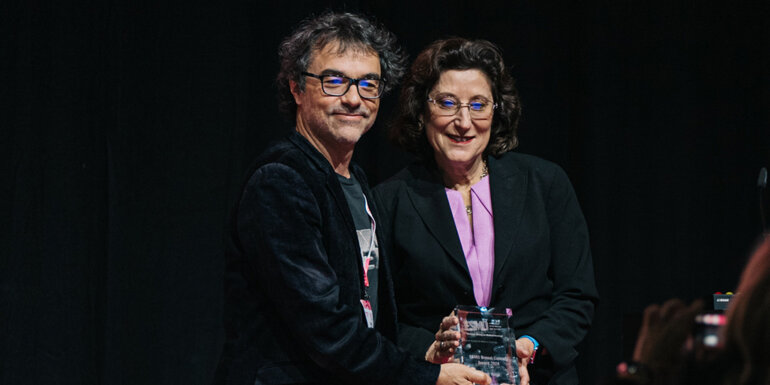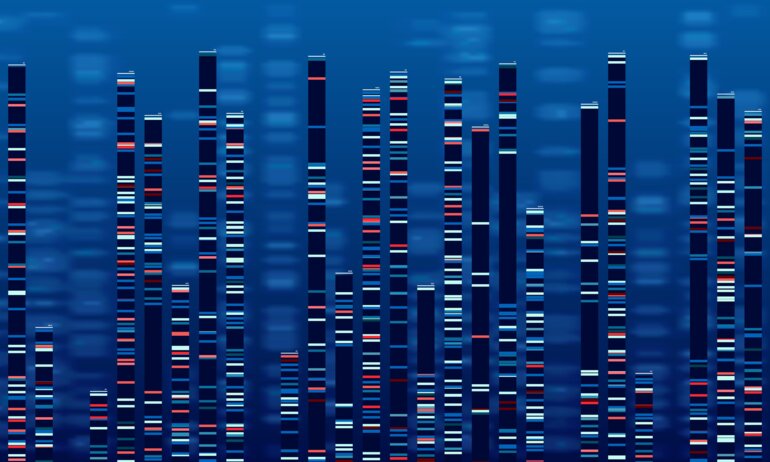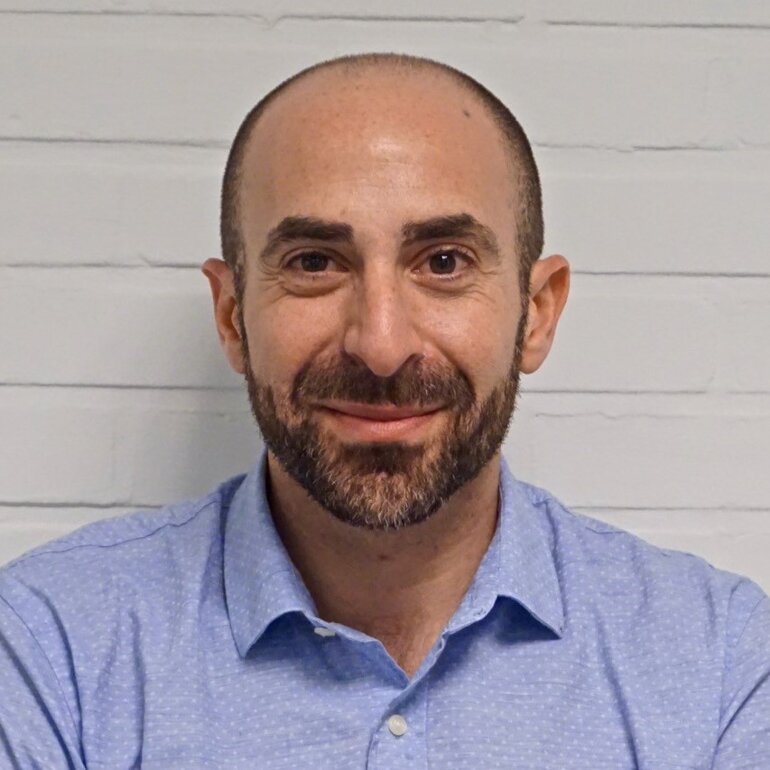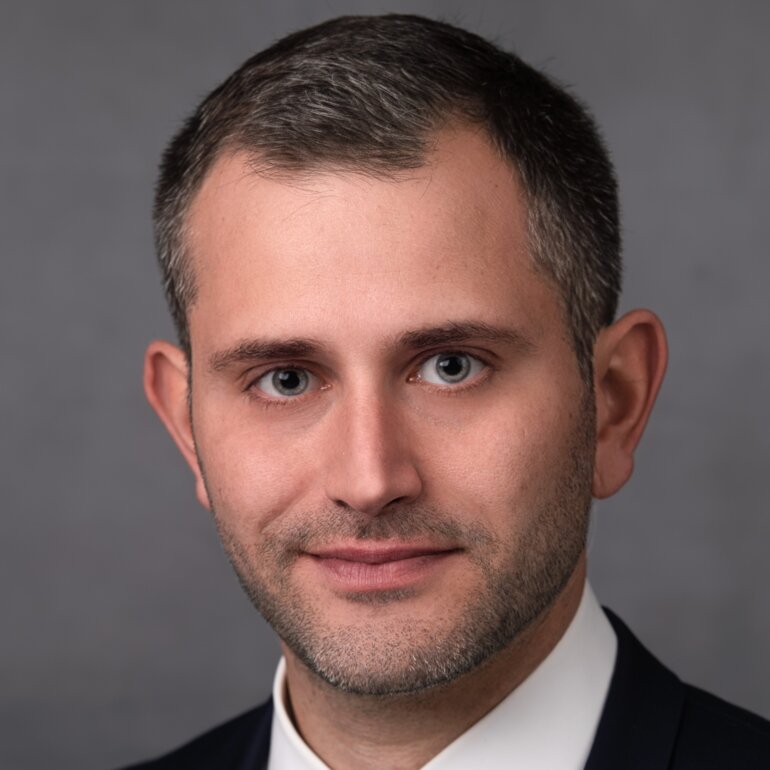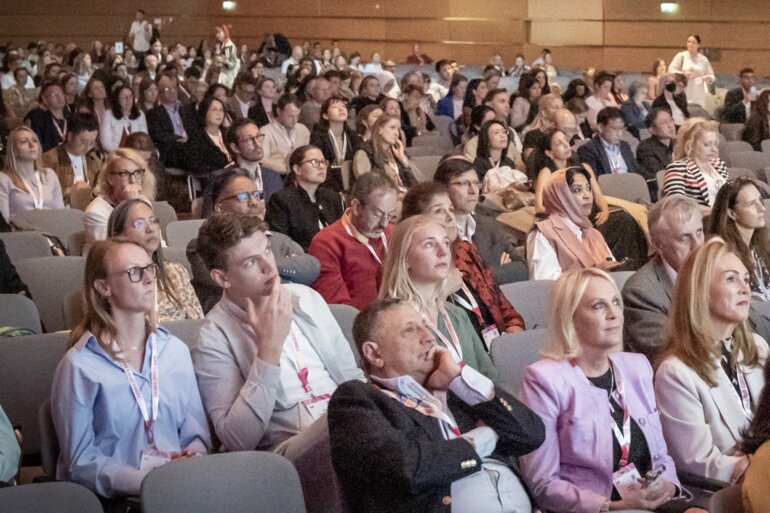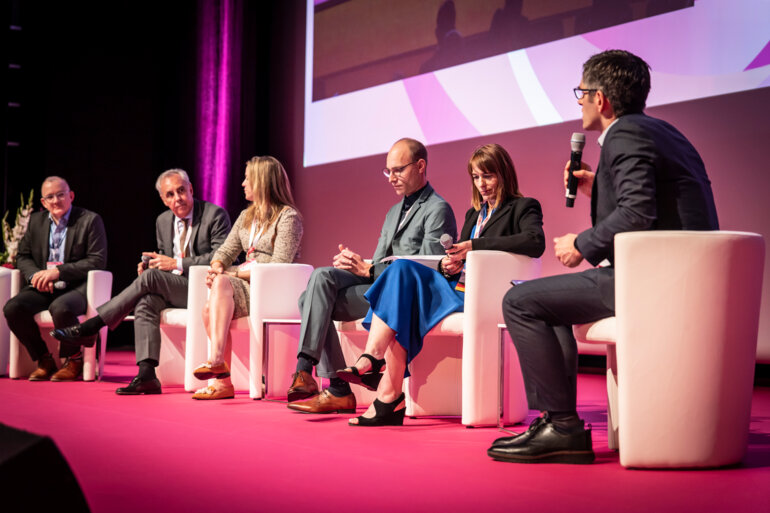In her key lecture, the 2024 ESMO Breast Cancer Awardee Prof. Hope S. Rugo reflects on the current challenges in the field
After the first nine years of her career working in malignant haematology, Prof. Hope Rugo moved to breast cancer research and clinical medicine after her mother was diagnosed with metastatic breast cancer. Those were difficult times for patients with cancer, marked by few treatment options, a lack of focus in care, poor management of side effects and a complete absence of end-of-life support. Rugo is now Professor of Medicine at the University of California San Francisco (UCSF) Helen Diller Family Comprehensive Cancer Center, USA, and receiving the ESMO Breast Cancer Award 2024 recognises her remarkable contributions to research to improve the choices of future generations of patients with breast cancer. And behind her professional achievements, there has always been the desire to honour her mother.
What do you consider to be your greatest career achievements to date?
Witnessing first hand the many challenges my mother had to cope with during her patient journey was a major driver for my work to make cancer treatments accessible and more effective, with special attention to patients’ quality of life. I feel very privileged to have been able to participate in the development of a number of clinical trials and analyses that have really changed treatment options for breast cancer. Much of my work has centred on the clinical development of novel agents, including targeted agents added to endocrine therapy, immunotherapy and more recently, antibody–drug conjugates (ADCs) in both the metastastic and early stage/neoadjuvant settings. The early work led me into what was then the emerging world of biosimilars, where, along with my international colleagues, I led a clinical trial (JAMA. 2017;317:37–47) that resulted in the first approval of a trastuzumab biosimilar in the USA. Prior to my residency at UCSF, I spent a year teaching community health workers in the Philippines as a Luce Scholar and so was well aware of the huge difference biosimilars could make in providing patients around the world with greater access to effective treatments.
More recently, my research has focused on understanding the mechanisms and timelines of treatment toxicity along with its prevention and management. My group’s work (JAMA. 2017;317:606–614) resulted in the first US regulatory approval of a scalp-cooling device to prevent cancer treatment-associated hair loss. Our work was also instrumental in introducing a simple steroid mouthwash to help prevent the stomatitis associated with everolimus and similar agents (Lancet Oncol. 2017;18:654–662), and which is now being investigated for use with novel ADCs. For the neoadjuvant I-SPY2 trial, I help to lead the Safety Working Group. Within this group we are working to revolutionalise the way that safety data are collected, to both improve and streamline the process. I am proud that I have been able to participate in research that has helped to alleviate the burden of cancer for many women, and I am excited about the current future direction of this work.
Could you tell us more about your passion for education?
I have always been passionate about education and empowering the next generation of researchers, both in helping to understand where we have been and where we are going as well as stimulating and encouraging new and creative research. As an Associate Editor of the ASCO Educational Book I have been able to promote and encourage broad access to important educational tools and as a working group Co-chair with the US-based Translational Breast Cancer Research Consortium, I have been able to advise on a number of investigator-initiated research projects led by my peers. I have been honoured to be able to work towards promoting effective and collaborative working practices and guidelines with our international community, which are so important in moving the field forward and helping our patients.
At ESMO Breast Cancer 2024 (Berlin, 15–17 May), your Keynote Lecture is entitled, ‘How future therapeutic research is shaped through lessons learned from treatment development for metastatic breast cancer.’ What do you think the future holds for breast cancer treatment?
The lecture’s message is that we should build on past and current successes and failures to improve our understanding of breast cancer biology and then apply our findings to individualise therapy based on biology, individual risk and response. For example, we have learned from RxPONDER (N Engl J Med. 2021;385:2336–2347) and CONFIRM (J Natl Cancer Inst. 2014;106:djt337) that variations in the effectiveness of endocrine therapy in trials questioning chemotherapy can hinder the availability of effective treatment. Smaller, more nimble trials that can be expanded to registration-type data sets should enable the delivery of the right treatments to the right patients more quickly than traditional large-scale, long-term trials.
Looking to the future, early-stage hormone receptor (HR)-positive disease poses considerable questions, and we really need to work out which patients are at higher risk of relapse, and tumour-informed circulating-tumour (ct)DNA may help in this regard. One of the huge challenges we have right now is understanding how to manage very resistant disease, including triple-negative and rapidly evolving HR-positive disease. Access to affordable and comprehensive ctDNA, genomic RNA and protein sequencing is advancing our understanding, but we still do not know how to fit the combination of data into the treatment paradigm. I think that artificial intelligence will help us with this, and many other questions, by drawing on large data sets combining everybody’s learning.
Another important avenue concerns exploring non-hormonal study drugs in the neoadjuvant setting, given the key role of minimal residual disease in progression and recurrence. Benefits may be increased if you can define at the neoadjuvant stage which treatment works for which patient, and this type of approach is currently being explored by the I-SPY2 trial (JAMA Oncol. 2020;6:1355–1362), as well as other trials. Finally, the new generation of ADCs represent an exciting mechanism to deliver chemotherapy more effectively and already offer efficacy across breast cancer sub-types and stages. I am hopeful that ADCs will become the primary mode of chemotherapy delivery in the future and I look forward to seeing how rapidly these highly active agents can be moved into the early-stage setting.


